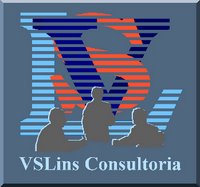Tacit knowledge, tacit knowing or behaving?
Collins has recently explored the question of making tacit knowledge explicit.
- Many examples of tacit knowledge fall into what he called the motor-skills category. This is exemplified by riding a bicycle or performing any such similar skill.
- A second group he called the rules-regress model, and is based on Wittgenstein's observations about rule-following.
- The third category is what he called the 'forms of life' approach. People in different social groups take different things to be knowledge, but are unaware of the social basis of their certainties. Thus, if the true sources of our beliefs are largely social, yet we do not recognize this, then, he claims, the sources of our beliefs are hidden from us, and thus based on tacit understandings.
Collins argues that there is nothing philosophically fundamental about the motor skills and rules-regress forms of tacit knowledge since advances in neural net computing make it possible to incorporate both types into a non-symbolic computer program from where, in principle, it might be possible to derive a symbolic computer program.
On the other hand, the 'forms of life' type of tacit knowledge is beyond the reach of neural nets since they do not and cannot participate in human society, and so is inherently beyond explication.
Moreover, even though motor-skills and rule regress forms can be replicated by computer programs, both these types of tacit knowledge are actually exercised in infinitely varying and therefore unpredictable contexts. Any setting down of such tacit knowledge would therefore only be of limited value.
Extraído de Stephen Gourlay. Tacit knowledge, tacit knowing or behaving?


<< Home